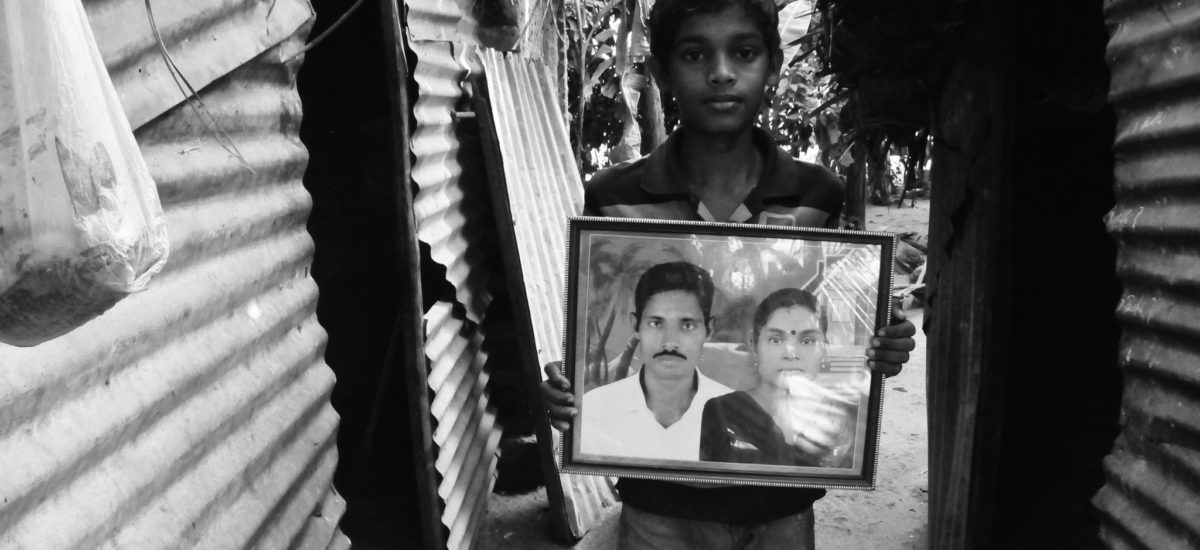Featured image courtesy Amantha Perera/IPS
With contributions from Thyagi Ruwanpathirana
The 34th session of the United Nations Human Rights Council (UNHRC) commenced on February 27 in Geneva. It was widely reported that Foreign Minister Mangala Samaraweera would most likely push for a ‘technical rollover’ giving Sri Lanka more time to implement the resolution it co-sponsored in 2015. Sri Lanka made commitments towards reconciliation and the set up of transitional justice mechanisms. The country’s progress on this score has faced a barrage of criticism, from activists who raised serious concerns about the rushed nature of some of the processes, and lack of consultation of victims. TNA MP Sampanthan has already told France that “very little has been achieved” on the 2015 resolution. In the meantime, members of the Joint Opposition and the Government have pushed back on the process – when the Consultation Task Force for Reconciliation Mechanisms report was handed over on January 3, Justice Minister Wijeyadasa Rajapakshe and Minister Champika Ranawaka spoke out against the contents of the report, with the latter saying the report only represented minority rights, despite the fact that Sinhalese families, including families from the military, were in fact consulted and their testimony included in the report. President Maithripala Sirisena said he wrote to US President Donald Trump asking him to clear Sri Lanka from war crimes allegations so that the country could “start afresh”.
In light of these developments, Groundviews has updated its timeline on the road to passing the Office of Missing Persons (OMP) Act in Parliament, to give fuller context to the proceedings in Geneva.
Click here to access the timeline, or view it below:
If you enjoyed this article, you might find, “Searching for Answers: The Road to the OMP” and “On Keppapulavu” enlightening reads.

